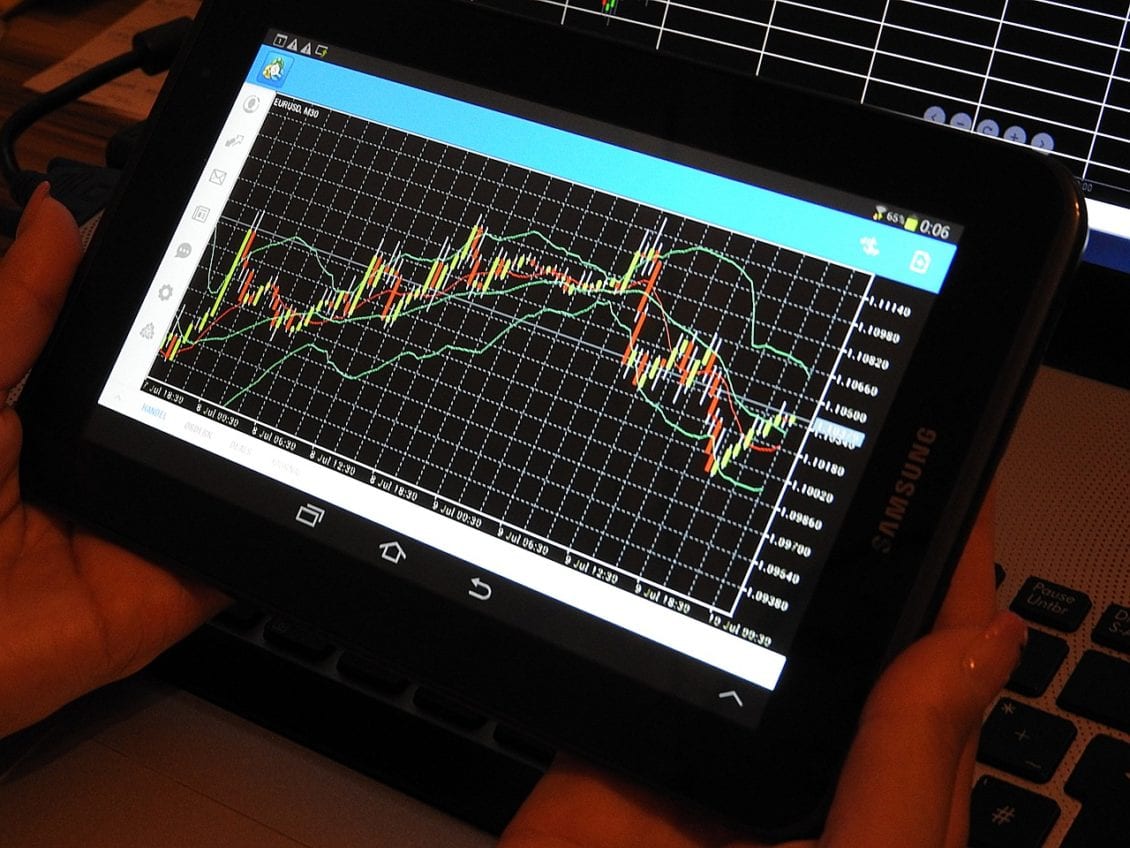Industry News
6 Tips to Improve Forex Trading
Like many other financial markets, the forex market has experienced a huge turmoil in recent months, following the Covid-19 global events. This situation brought a lot of interest to the market, with experienced traders trying to leverage their knowledge to take advantage of the situation and new traders looking to enter the market.

Like many other financial markets, the forex market has experienced a huge turmoil in recent months, following the Covid-19 global events. This situation brought a lot of interest to the market, with experienced traders trying to leverage their knowledge to take advantage of the situation and new traders looking to enter the market.
This article tries to offer both new and seasoned traders with some trading tips to improve their forex trading activity.
Table of Contents
1. Work only with Regulated Brokers
Regulatory authorities ensure that brokers are fair, transparent, and protect the funds and privacy of their traders.
Some of the major regulators in the financial industry include CySEC in Cyprus, FCA in the UK and FSCA in South Africa. When a broker is regulated by one of these regulators, they ensure fair and ethical business behaviour.
2. Choose your Trading Option Wisely
To be involved in the forex market you can choose standard spot/cash transactions but you can also use other trading options that allow more flexibility. Choosing the right vehicle for forex trading can make a substantial difference in a trader’s performance, so choose wisely while considering your needs, trading goals and risk appetite. Here are some popular options:
ETFs – Exchange-traded funds (ETFs) are investment instruments consisting of a collection of securities. They allow diversification without the requirement of placing trades on individual currencies.
Futures – Currency futures are contracts between buyers and sellers to buy or sell a specific amount of currency at a specified price on a future date without owning the actual currency.
Options – Options are similar to futures as they allow traders to trade on the price of a currency without owning the actual asset. Options differ from futures by giving buyers the right or “option” to buy or sell the asset at a specific price on the date that the option contract expires.
CFDs – Contracts for difference (CFDs) are a popular form of derivative trading that is available over the counter. They allow trading on the rising or falling prices of currencies without owning the underlying assets.
3. Follow Economic/Political News
Since the value of a country’s currency is closely tied to the economic and political situation of that country, it is very important to follow financial, political and general events, news and central banks decisions related to the country and other related global economies.
4. Use Expert Analysis and Tools
The internet is a huge source of information and expert advice, and it’s always a good idea to look at what experts are saying and the way they analyze the situation before making any trading decisions.
Some online brokers feature on their website a special market analysis section that contains articles with market overview and outlook, economic events coverage and analysis, economic forecasts, trading strategies, and other topics, all of which can help an investor make more informed decisions.
Some brokers also offer a Trading Central section which offers analysis tools like trading indicators, preferred trading strategies, pivot price points, support and resistance levels and more.
5. Use a Demo Account
Many online brokers offer a demo account for new users that allows them to get used to trading before trading for real money. Besides being a great way to become familiar with all the features, using a demo account gives traders a feel for how their strategies will play out in a real trading environment.
Demo accounts also help experienced traders test their techniques in volatile and/or novel conditions. Since most demo accounts look exactly like live accounts, this makes them a useful tool for traders of all levels.
6. Use Margin Trading Wisely and Responsibly
Margin trading is the practice of obtaining credit from a broker in order to place larger trades. While this technique can magnify profits, it can also create massive losses.
With this dynamic in mind, it is typically advised to keep margin activity at a manageable level, while taking into account your risk appetite and your ability to withstand considerable losses.
Final Word
While the tips in this article will help traders upgrade their forex trading activity, they don’t guarantee profits. That’s why it is always important to trade with caution and only with money you are willing to risk.
CFDs are complex instruments and come with a high risk of losing money rapidly due to leverage. You should consider whether you understand how CFDs work and whether you can afford to take the risk of losing your money.